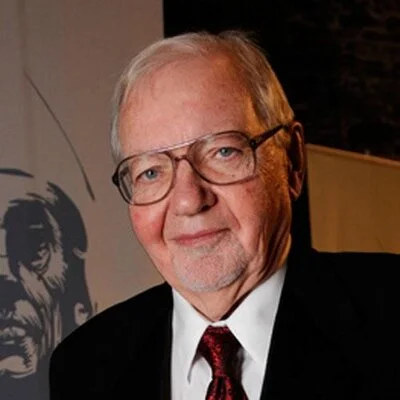Despite what I said a while back about History and Nostalgia being opposites (and, don't get me wrong, I largely stand by that) it may be more appropriate to say that nostalgia and the uncanny are entangled antitheses: the former a longing for the past, and the latter an unwelcome intrusion of the past into the present. And if Stranger Things is the apotheosis of nostalgia in television, then I submit that the avatar of the uncanny is the animated miniseries Over the Garden Wall.
Read MoreOne of the most fundamental questions of aesthetics is “what is art?” and it would be a misstep to not try to cover that in our writing on the subject. In discussion with Edgar, we happened upon a potential definition – “something intentionally created, in larger part, for aesthetic value instead of practical utility.” Of course, we have to explore the concept of “aesthetic value” there.
Read MoreWe talk about nostalgia a lot, so it's inevitable that we have to talk about Stranger Things. Full disclosure, Edgar and I enjoyed the first few seasons, and despite reservations we are also enjoying the third one. Those reservations are fairly strong, though. Some people have said that this is the best season yet. We politely but firmly disagree.
Read MoreOf course, Jameson and Ernst are different from myself insofar as their discussion is falling more on the Eu Topia side of the equation, whereas I'm more interested in the Ou Topia side of the equation (not that I don't look for the good and don't have a utopian urging, just that I'm a fantasy and science fiction writer by inclination; I'm obviously going to gravitate towards the no-place.) And why shouldn't we be interested in places that don't, can't, or won't exist? The world is spanned and mapped and there are no horizons left to cross – much less for a smoker with bad eyes.
Read MoreOne might ask how we got here, but that's a topic for a historian (May's book seems to be a good trailhead.) If I were to have to venture a guess, I would look to the addition of liminal states between child and adult: the teenager, the "emerging adult", and so on. Another suspicion would be the emphasis placed on youth culture since the 1950s, and especially the youth culture of the 1950s and 1960s. If your life is effectively over at 30, then of course you're going to live in denial about being over thirty, of course you're going to tell war stories about what you were doing when you were nineteen, of course you're going to lie to yourself.
Read More




